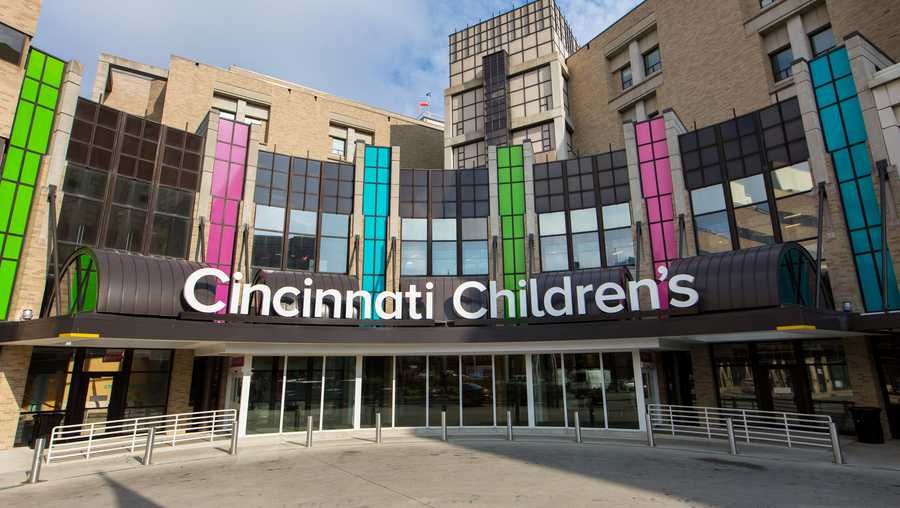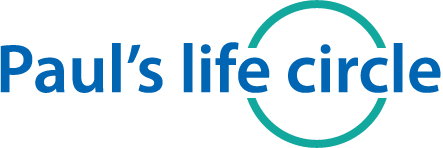
About TS Clinic at Cincinnati Children’s
The TS Clinic was founded by Dr. David Franz in 1992 and is now co-directed by Dr, Darcy Krueger and Dr. David Ritter. It has grown to be one of the largest in the world providing comprehensive medical care and social support for TS children, adults, and families. It is dedicated to improving quality of life and achieving best possible treatment outcomes for TS patients. The clinic is multidisciplinary with specialists in neurology and epilepsy, and has specialists from Children’s Hospital/University of Cincinnati in neurosurgery, nephrology (kidney), cardiology, ophthalmology, dermatology, behavioral/psychiatry, and genetics.
In addition, as there is no cure yet, research and clinical trials are conducted for new treatments for tumors, seizures, and other manifestations of TS.
Letter from the TS Clinic:
Update with thanks for your donations!
The Cincinnati Children’s Tuberous Sclerosis Complex (TSC) clinic has continued to grow and embark on new research investigations and broader clinical care. This past year, thanks in part to generous donations through Paul’s Life Circle, we have seen significant strides in our mission.
The clinic’s donated funds were used to support our Helping Hands program. For many families with TSC, there may be limitations to providing their child with optimal medical care. This could be the inability to travel to the clinic, lack of insurance coverage for medical necessities, or financial constraints due to medical emergencies. After review through our team, including clinic providers and social workers, in the last year, funds have been used to cover transportation costs to the clinic, hotel rooms during unanticipated stays at the medical center, and food costs. By having these funds available, our families and the clinic staff can focus on our medical needs without making decisions based on financial ability.
Beyond the clinic, Paul’s Life Circle funds helped support a 4-day, 3-night camp for children with TSC. The camp experience provides kids the opportunity to do zip lines, archery, fishing, and rafting, among other camp activities, with the safety of the TSC medical staff available. In partnership with Camp Joy, TSC camp has become a favorite of our team as we see kids being kids instead of the typical interactions revolving around medications and symptoms. Donations help cover the cost of food, housing, and camp counselors, which allows the clinic not to limit which kids can come to camp. With the spring weather changing, our team is working towards the 2025 camp in mid-June.
From a research front, the TSC Clinic continues to be a leader. The team is leading the largest clinical trial studying how to prevent severe TSC disease symptoms. This study is starting infants on disease-modifying therapy before 6 months in hopes that seizures, developmental delays, and other TSC-disease symptoms are reduced. Research from the clinic this past year has also reported on risks in pregnancy affected by TSC, data on the impact of seizures in TSC, and studies looking at changes in brain connections caused by TSC-specific treatments. Beyond these studies, the TSC clinic researchers have seven funded clinical studies and have submitted five more studies for funding from government and private funding agencies this year. Donated funds often get these studies off the ground, allowing our research team to improve care for individuals.
2024 TSC Clinic Clinical High Point: In 2024, our team met a pregnant patient in which there was concern for imminent fetal death due to a sizeable cardiac tumor related to TSC. The TSC team mobilized and, within 24 hours of hearing about the patient, started them on treatment with a mTOR inhibitor (a disease-targeted treatment for TSC). Treatment reduced the cardiac tumor, and a healthy baby was born. This was a significant success for our team as it demonstrated the potential of early intervention and is a direct link to the first patients Dr. Franz treated in our clinic 20 years ago.
2024 Research High Point: Publication of the first five infants treated with mTOR inhibitors as early as possible in life. In the study, our research team showed that treatment at this age is safe, and there was promising data that treatment may improve TSC outcomes. Read article here.
2025 Focus: On January 1, 2025, funding for the Cincinnati TSC Center for Adult Research Excellence (TSC-CARE) started. After many years focused on infants, our TSC clinic and research team now have a mechanism to determine the impacts and treatment of TSC symptoms in adulthood. Over the next 5 years, we hope to have many publications and studies that improve the care of adults who have been neglected in extensive research studies for years.
Thanks for your time, support, and encouragement. Without strong support from patients with TSC, their families, and friends, our clinic could not be at the forefront of TSC care. We take seriously the trust our patients put in us to provide high-quality medical care, and we will not stop pursuing a better understanding of TSC disease until all patients achieve the best outcomes.
David Franz, MD, Founding Director
Darcy Krueger, MD, PhD, Co-Director
David Ritter, MD, PhD, Co-Director
